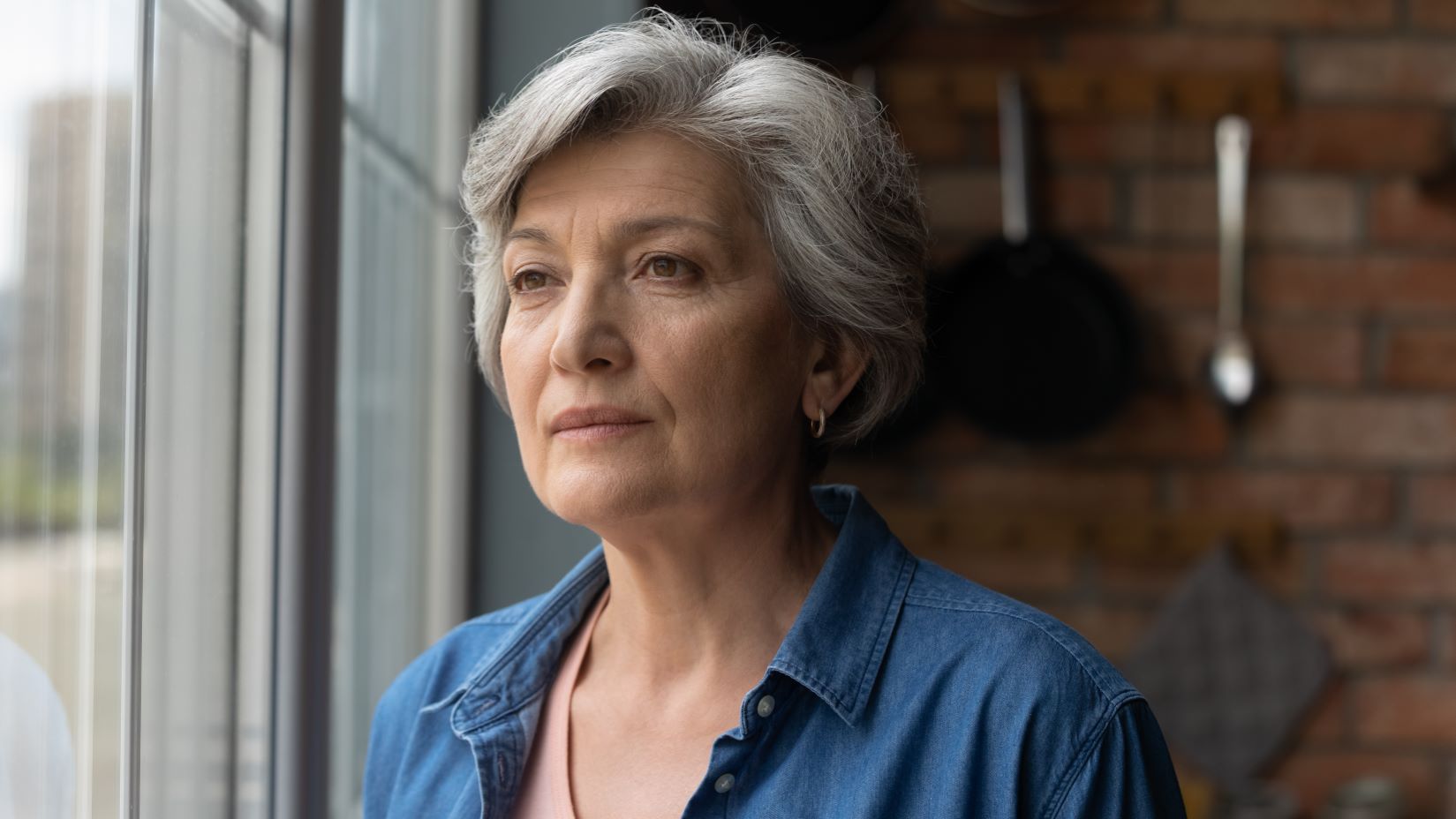Tips for Caregivers to Help Lessen the Guilt
By Angela Lunde (Mayo Clinic)

Some caregivers feel guilty, which is often fueled by the demands of the role, the expectations of others, as well as the high expectations they often place on themselves. Although feeling guilty is normal, there are ways to move through the guilt and lessen its burden on your well-being.
-
Acknowledge your feelings.
You can’t ignore guilt or any other emotion. I like how Barry J. Jacobs, a psychologist and author of “The Emotional Survival Guide for Caregivers,” put it when he said that it’s normal to hate the caregiving but love the person you’re caring for. There’s nothing bad or wrong about feeling what you’re feeling. Before we can transform negative feelings, we first have to acknowledge them. -
Reach out and talk to others.
Sharing with others will help normalize your feelings and experiences. Without a way to share struggles, including guilt, you can end up feeling worse or even getting sick. Talking with others who will listen and who really understand — often other caregivers — turns off toxic stress hormones and turns on relaxation responses that release healing hormones. Expressing your feeelings may be the most powerful antidote you have. -
Pay attention to your inner dialogue.
Note especially the thoughts that begin with “I should,” “I could,” or “I oughta.” The conversations that go on inside our heads are often full of judgment, criticism, and insecurities. Guilt results from a clash between the actual events in our life and what we say to ourselves. The same event can be interpreted as either, “I should have been able to keep my loved one at home longer,” or “I cared for him at home as long as possible, but I can only do my best and remain loving.” -
Forgive yourself.
It’s important to be just as kind and compassionate to ourselves as we are to others. Guilt is often the result of refusing to accept that some things are beyond our control. Letting go of guilt means accepting that there are often no perfect solutions. The promise to keep a loved one with dementia living at home may have been made with the best intentions and hopes at the time. However, your commitment to your loved one also means doing what’s best given all that you know now. No family or caregiver can plan for every situation or anticipate every challenge. -
Be a good-enough caregiver.
You want to believe you can do it all and be perfect, but that’s simply not possible. Guilt arises out of high expectations so to accept being an average caregiver instead of a top performer will take the edge off those negative tendencies and invite a more balanced perspective. There are no grades, scores, or best-caregiver trophies. Sometimes just getting by is enough. -
Let go of the steering wheel.
No matter what you do, you can’t control your loved one’s disease. You know this on some level, but the way you think, feel and respond may sometimes contradict this basic truth. Over time, many caregivers learn to let go of what they can’t control, including not being able to “save” their loved one or make them better. -
Embrace “happy guilt” or “no-feeling” guilt.
Happy guilt is likely the result of doing something to ease your load and reclaim some life back. A dementia caregiver once said, “That I don’t feel guilty is out of character for me ... I don’t even feel guilty about not feeling guilty. As I see it, I am not a perfect caregiver, but I do the best I can, and give my husband unconditional love and the best I have to give.”
There has never been a need for anyone to be a perfect caregiver — only a caregiver who cares. And for that, every caregiver gets a perfect score.